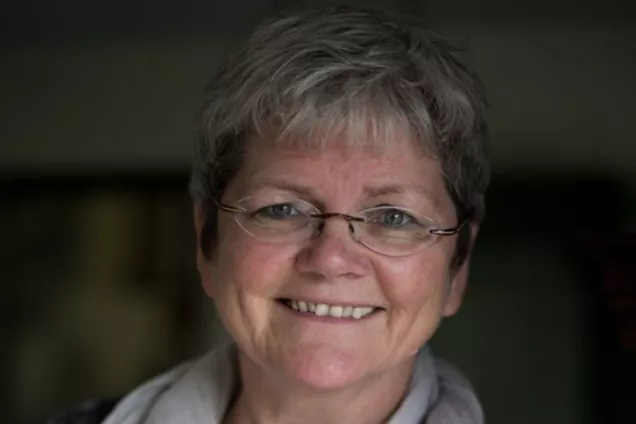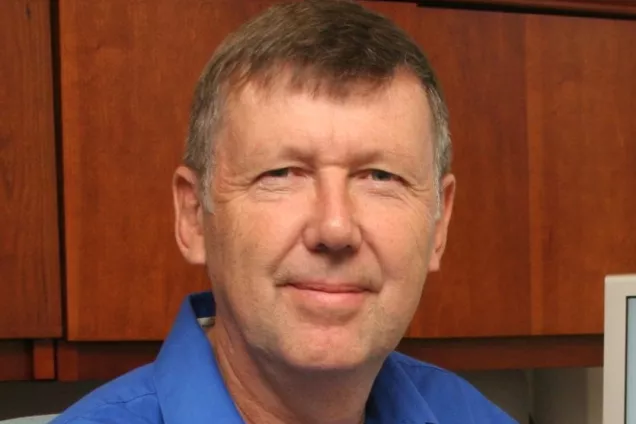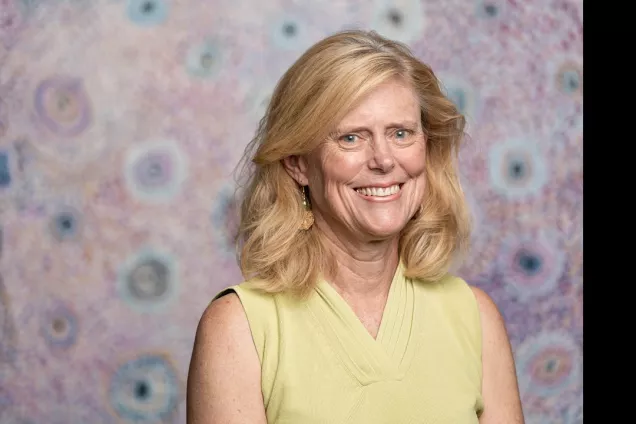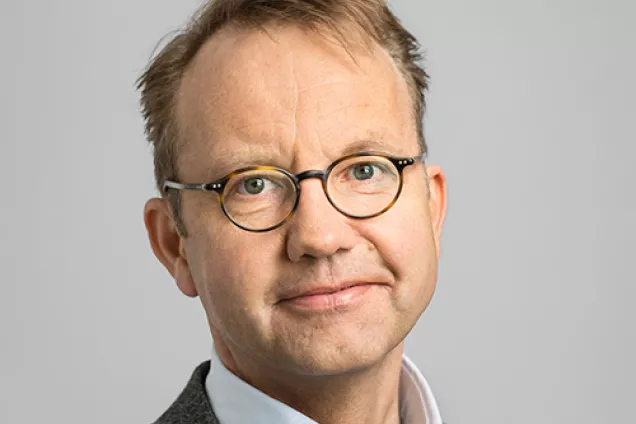The role of the WCMM SAB is to provide strategic guidance and direction the WCMM Centre regarding scientific aspects, strategic directions and provides recommendations on the future development of the centre.
The WCMM SAB is composed of four internationally recognized experts representing various scientific backgrounds and experiences: from early discovery to clinical stages, from basic science to the industry; from innovations to commercialization. Two of the members, Prof Dirkje Postma and Prof Dennis Burton have a couple of years of experience from working with the centre. However, the other two members, Björn Eriksson and Prof Melissa Little, are just recently recruited.





